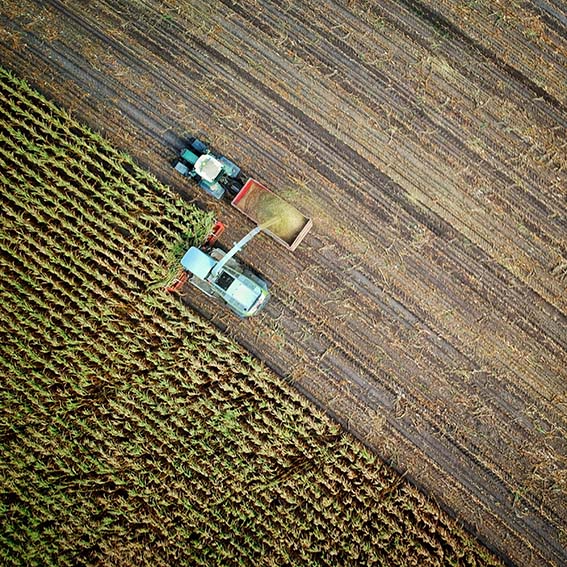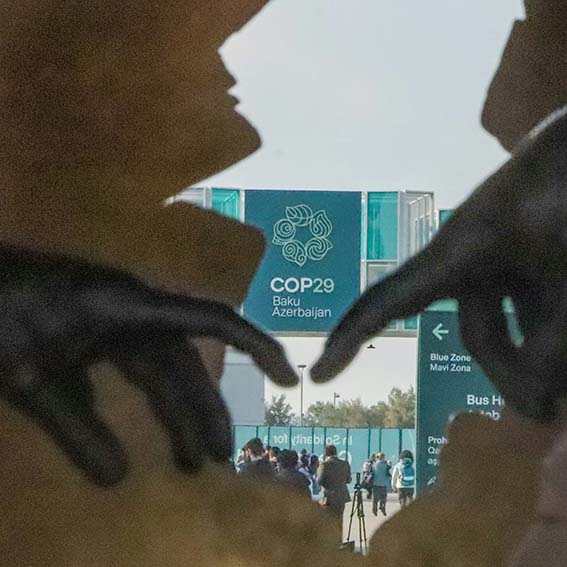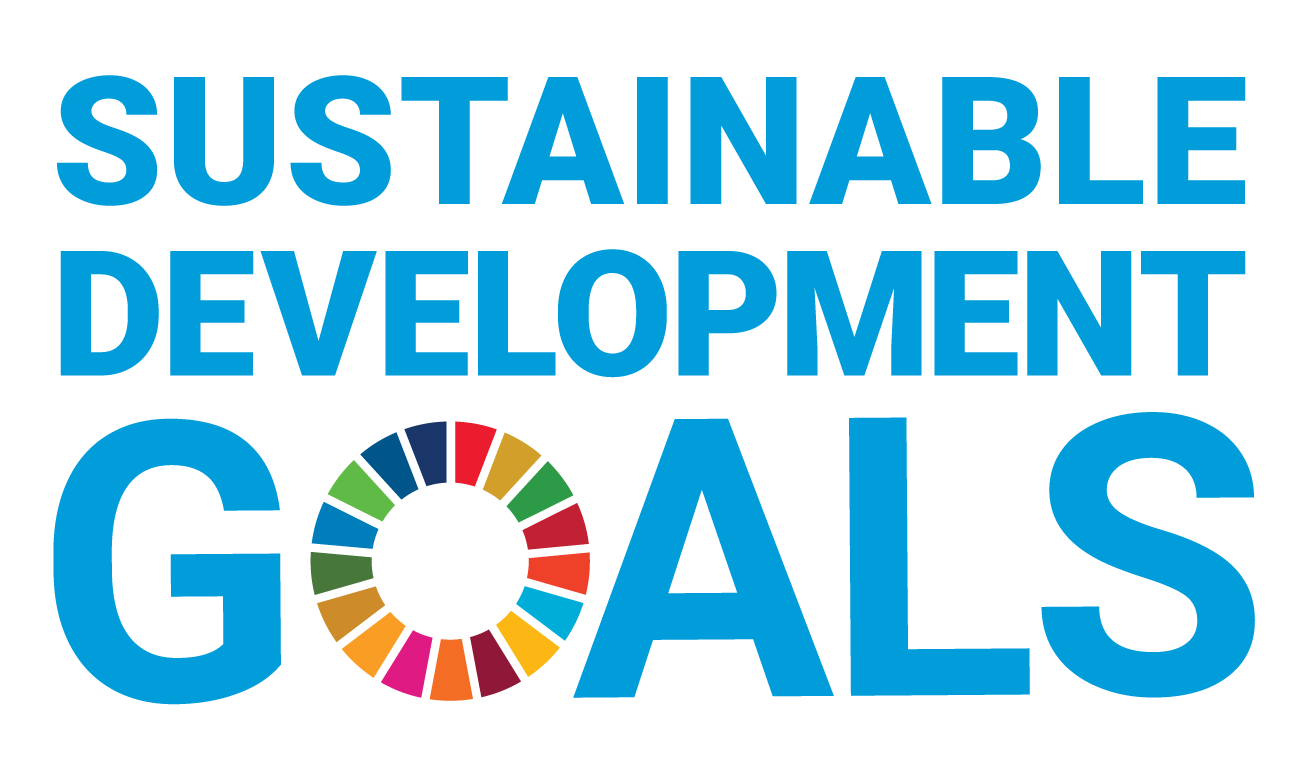
Bloomberg 6. Dezember 2024 at 13:54 MEZ
By Ken Parks
Source: Bloomberg
The European Union and the South American Mercosur bloc clinched a long-sought trade deal over the vehement objections of France, which has pledged to lead a charge to obstruct its ratification.
❱ Read More
S&T Daily Global Innovation 2024.11.28 12:31
by TANG Zhexiao
Source: Global Innovation
Global organizations have once again sounded the alarm over the ongoing climate crisis. This emerged on the eve of this year's 29th Conference of the Parties on Climate Change (COP29) held in Baku, the capital of Azerbaijan from November 11-22.
❱ Read More
dw.com 11/23/2024
by Matthew Ward Agius
Source: Deutsche Welle
Policy changes in Brazil that have disincentivized deforestation of the Amazon for agriculture are credited with reducing hospitalizations and wildfire deaths by the thousands. Trees and forests are often described as the lungs of the Earth because of their important role in removing pollutants such as carbon dioxide from the environment.
❱ Read MorePublished on January 26, 2025.
by Mr. Etienne Otto.
10-minute read.
A look at the hidden costs of the status quo – and why FSRE’s social-infrastructure projects and sharing model is the most profitable investment governments can do in the long term.
The FSRE sharing model, a win-win situation for involved farmers, businesses.
Macroeconomic Benefits for States.
Why now is the perfect time for major investments.











The content of this publication has not been approved by the United Nations and does not reflect the views of the United Nations or its officials or Member States.
The Landmark Mercosur-EU Free Trade Agreement: Opportunities for Sustainable Growth with MWDP Technology.
Addressing European Concerns with Sustainable Solutions.
Industry- and Country-Specific Implementation.
A New Era of Socio-Ecological Development.
In Solidarity for a Green World.
Key COP29 Outcomes Relevant to FSRE’s Work.
FSRE’s Role: Capacity Building for Socio-Ecological Infrastructure.
A Shared Vision for the Future.
Published on November 18, 2024.
by Mr. Etienne Otto.
6-minute read.
In the evolving landscape of agriculture, the integration of sustainable development with economic profitability is paramount.
In the evolving landscape of agriculture, the integration of sustainable development with economic profitability is paramount.
Governmental Initiatives and Policy Alignment.
Municipal Engagement in Sustainable Practices.
FSRE's Role in Facilitating Synergies.
Protected by Copyright. Reprint or publication, also through electronic media, even in parts only after official approval in written.
The news articles and blog posts featured on this page are sourced from external publications. While FSRE provides these links and blog posts for informational purposes only, we do not own or control the content of these articles. All views, opinions, and information presented in the linked articles and blog posts belong solely to their respective authors and publishers! FSRE assumes no responsibility for the accuracy, legality, or content of external sites. For any concerns regarding these articles, please contact the original publisher directly.